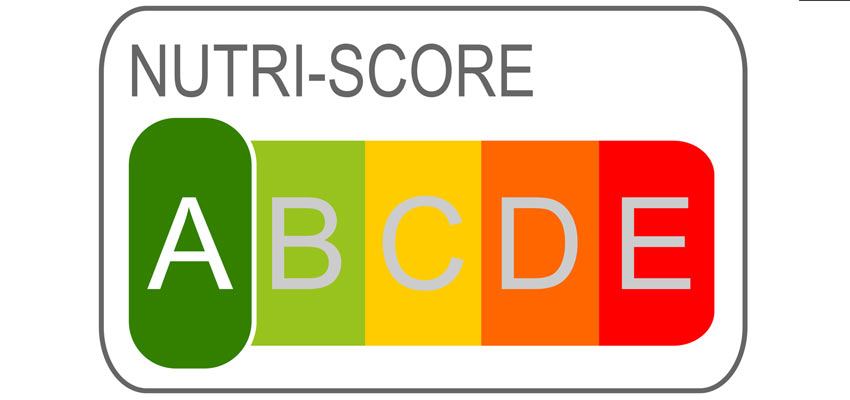In November, voluntary use of the "Nutri-Score" developed in France was approved in Germany. But what about simplified nutrition information for food in the rest of Europe?
The delegation of the Swedish National Food Administration gave a foretaste of the discussion process regarding uniform food labelling throughout Europe at the European Food Forum (EFF). Sweden is against harmonisation and favours the coexistence of different regional labelling systems. Sweden may not be the spokesperson within the EU now, but other countries are still sceptical about the French Nutri-Score initiative.
Italy fears discrimination against its national specialities such as the hard cheese “Parmigiano Reggiano” or high-quality olive oil - appreciated worldwide as high-value food (keyword: Mediterranean diet). The criticism of the classification in Nutri-Score according to the current basis of calculation is understandable and indicates that the system still has potential for improvement. Italy would like to see a new discussion at the level of the European countries that currently use the French system. Besides France, these are currently Belgium, Italy would not fundamentally insist on its current Nutrinform “battery” logo.
In Poland the Nutri-Score label was introduced indirectly through the big French retailer groups like Carrefour and Auchan which have a strong market position in the country.
In Austria, it is allowed to sell products with the Nutri-Score label that have been produced outside of Austria and comply with EU guidelines. Food from Austrian producers for export is also allowed to carry the logo, but Austrian products sold in Austria are not yet allowed to be labelled with the Nutri-Score label because the national legal basis is still missing.
Whether the Finns (heart symbol), Slovenians (small heart logo) and the Croats (healthy living sign) would oppose the European harmonisation efforts is not known. On the other hand, it is rather unlikely that Sweden, Norway, Denmark, Iceland and Lithuania will abandon the keyhole labelling project. Sweden had already introduced the system 30 years ago and therefore it is now deeply anchored in Scandinavian consumer consciousness.
England and Ireland have been using the “multiple traffic light” system for some time. Since the United Kingdom has always preferred to go it alone at national level and is now even more likely to abandon such harmonisation projects after Brexit, it will be easier for the Irish to come to terms with a harmonised continental European system and thus also to send a political signal.
Although international food multinationals initially resisted the additional voluntary nutritional value logos, fearing negative effects on popular branded products, MARS, Nestlé and Co. are now strong supporters of uniform European labelling rules. This is only too understandable, as every national special rule means immense additional effort and higher costs for the companies.
As a European provider of laboratory services for the food industry, we also advocate harmonisation and comprehensible standards. The first experiences with the Nutri-Score calculations show that the system has its pitfalls. In the future, adjustments to the evaluation formulas are to be expected.
Your PLUS: Our experts have dealt intensively with the Nutri-Score calculation. We can also help you with the correct classification of products in the context of nutritional value analysis and labelling checks, which is not always as easy as the calculation programmes offered for download free of charge would lead you to expect.
Author: Dr. Frank Mörsberger

 Contact
Contact

 Contact
Contact Career
Career